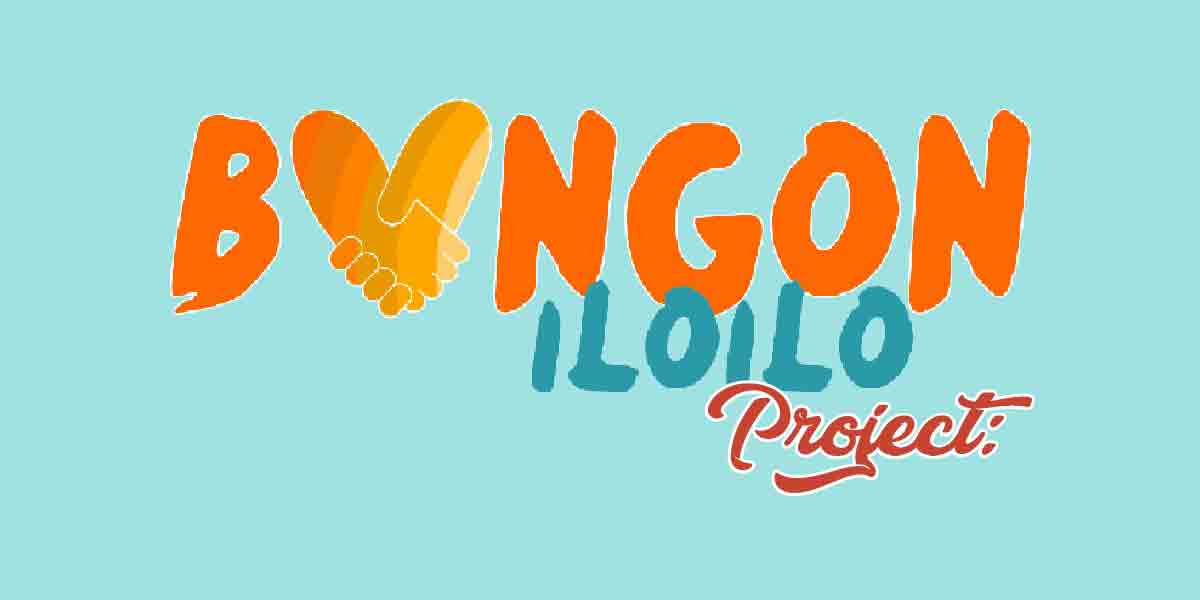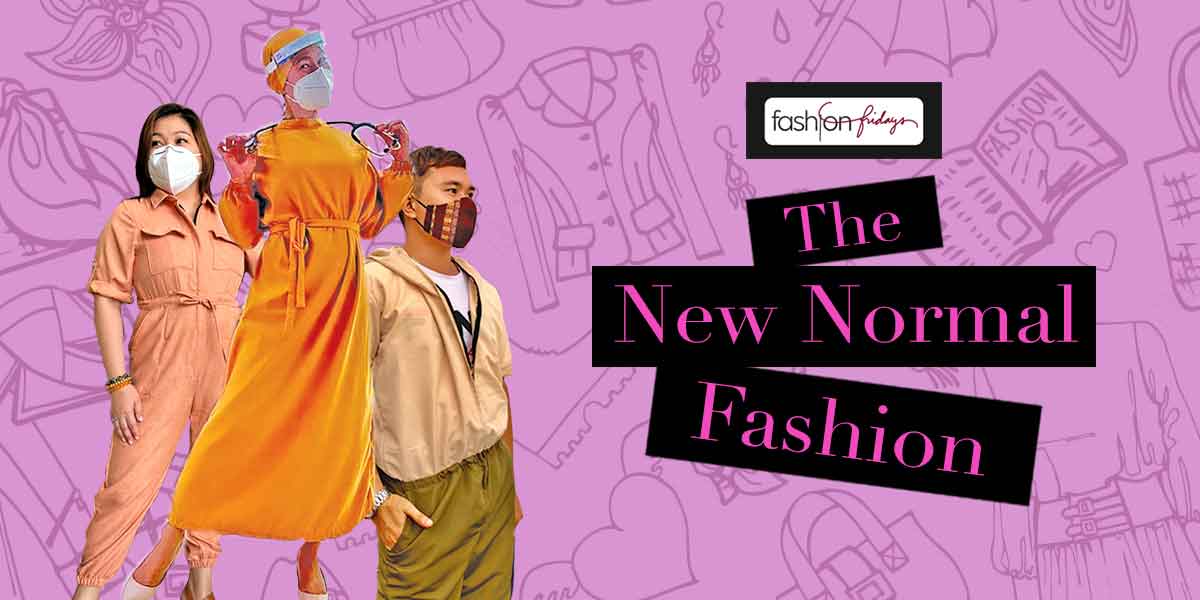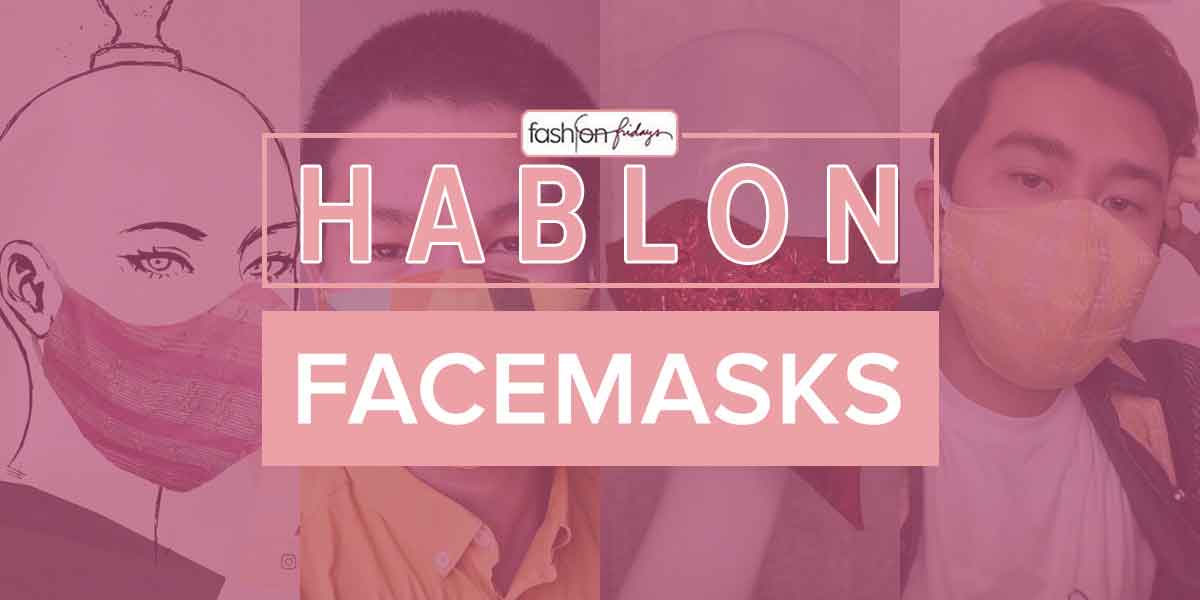
By Al Perlas Restar
Ahhh! January is almost over. And it felt like it has dragged through an entire decade. It felt as if the world was bombarded with so many things, it becomes overwhelming. Some even suggested that January 2020 is exceptionally eventful it might be a prequel to an end of the world. But is it really?
The things is, January 2020 is marginally more eventful than other Januaries in the past. A simple Google search will lead you to all global events and phenomena than happened last year.
In January 2019, a church in Mindanao was bombed. In the same month, the Venezuelan crisis intensified. Other noteworthy events that happened within a month’s time include the Protests Plague India, the Yellow Vest Protests in France, a tunnel collapse killed miners in Afghanistan, Frank Magnitz was beaten by Masked Men, Peru’s Attorney General resigned, Maduro’s Win in Venezuela created massive global conflict, an explosion in Paris, a gasoline pipeline exploded in Mexico, the Colombian Police Academy was attacked, and Burkina Faso’s government resigned.
So you see, January, much like any other month in any other year, is pretty much eventful. So what has changed now? What makes 2020 an exceptionally chilling year?
The answer to that question has less to do with the end of the world and more with how we process information. The rise of social media and the behavioral change on how people use different platforms is the more likely reason why there seems to have a massive hysteria surrounding January.
The intensifying prevalence of fake news, the peak of meme culture, social media optimized/sensationalized headlines and fearmongering-as-a-social-media-propaganda are to blame for this phenomenon. In recent years, there has been an observed increase in people’s reliance on memes and sensationalized, albeit unreliable, publications for their consumption of information. Who wants to read an in-depth story on an issue if there is an alternative source with photos and interesting graphics, anyway?
This is why social media such as Facebook and Twitter isn’t always an ally of truth and awareness. People abuse social media platforms for money, clout, or fame. And we have to be very vigilant against those who do.
In the recent novel coronavirus outbreak, fake news are everywhere. It has caused panic among people. It has caused a massive increase in the prices of facial masks. It has plummeted stock markets and paralyzed cities. Thus, there is a need for people to police social media posts. We need to start validating each and every information we come across before sharing it. While Facebook and the likes have the power to make people aware of the current situation, it also has the power to exaggerate it. So let us all be mindful and vigilant. With proper social media behavior, we can assure that we will survive this January and the months that follow. Bring it on, 2020!























